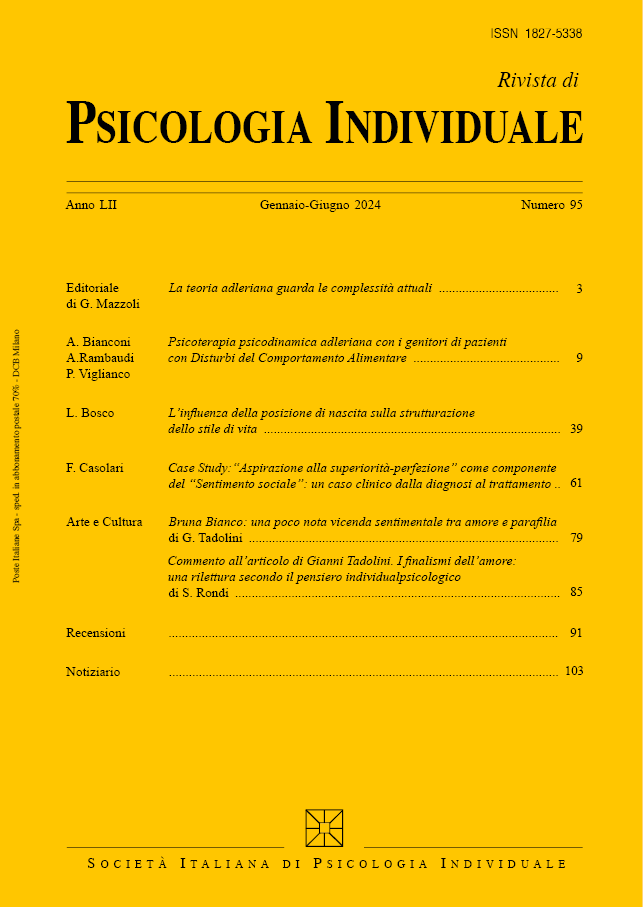Religious experience in analytical treatment
Religion and “religious experience” according to the interpretation of depth psychology
Keywords:
religion, social feeling, psychotherapy, neurosis, unconsciousAbstract
The text analyzes the relationship between religiosity and the unconscious, highlighting the different positions of Freud, Adler, and Jung. Freud considers religion to be an illusion and a form of neurosis, without attributing it any significant role in analytical treatment, while Adler and Jung recognize it as an objective phenomenon that is central to understanding the individual. For Adler, religion expresses one of the highest ideas of the human mind and should be investigated scientifically, placing it in the context of social sentiment and the meaning of life. Jung sees religion as an archetype of the collective unconscious, linked to the evolutionary history of humanity. The text criticizes the attitude of many therapists who avoid addressing religiosity in patients, often out of unconscious fear or prejudice. It is emphasized that religious experience can influence mental health both positively and negatively, particularly in connection with neurosis and sexual disorders. Finally, it is stated that psychotherapy and religion share the goal of discovering a deeper meaning to life, and that religious sentiment, when well harmonized with social sentiment, contributes to well-being and psychological balance






